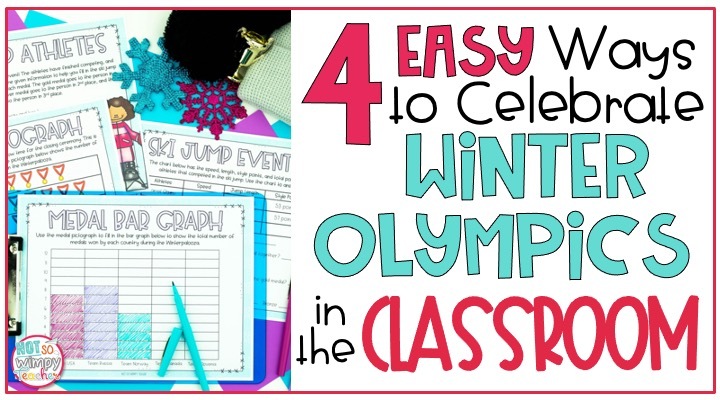
Athletes across the world are gearing up for the Winter Olympics. The XXIV Winter Games are being held in Beijing from February 4 – February 20, 2022. For sixteen days, the world will be focused on winter sports like the bobsled, speed skating, and curling.
This is a great opportunity to introduce kids to the Olympic spirit, instill some American pride, and excite and engage students who love sports. Of course, you can also practice essential skills in the process.
Check out these 4 easy ways to celebrate the winter games in your classroom and keep kids engaged and learning.
Winter Sports PBL
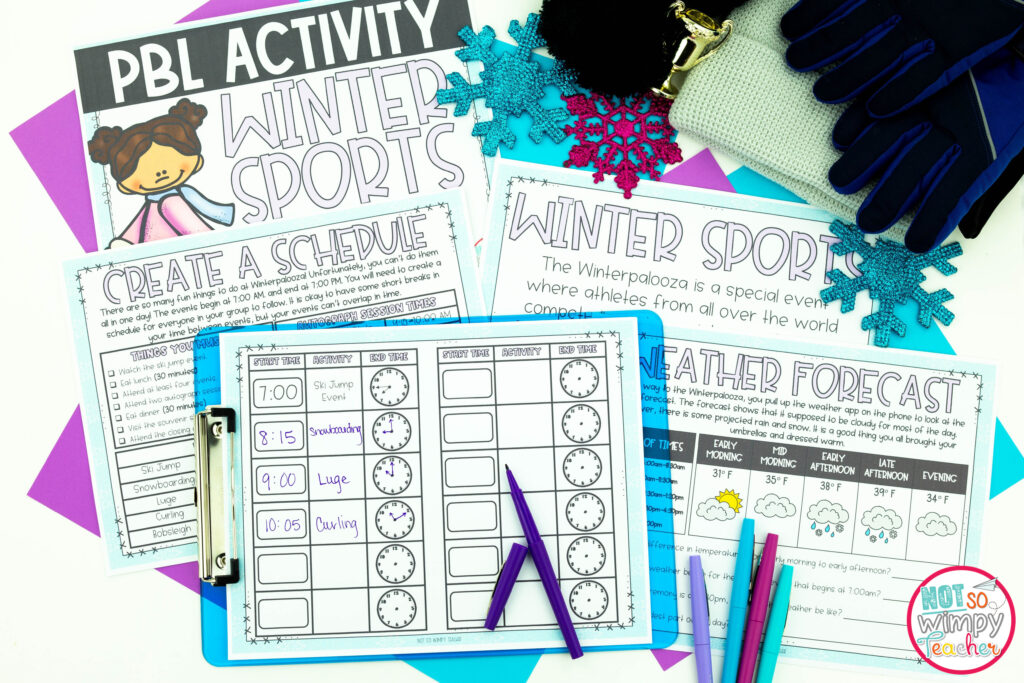
I’ve created a brand new Winter Sports project based learning activity modeled after the Winter Olympics. Students will use the information provided on the resource pages to solve real-world based problems and tasks related to the Winter Olympics. This activity makes it easy to bring all the fun and competition of the event right to your classroom.
In this activity, students have the once in a lifetime opportunity to attend Winterpalooza, a special event that happens every four years where athletes from around the world compete in a variety of sporting events like skiing, skating, and hockey.
The skills:
Students will put their mathematical skills to use to get the most out of their special day. They’ll work through a series of activities to plan the perfect schedule, maximize their souvenir budget, and keep track of event outcomes and medal counts. In the process, they’ll be practicing lots of essential math skills like:
- Time and elapsed time
- Money
- Adding & subtracting
- Interpreting data
- Graphing
- And more!
But they’ll be having so much fun with this engaging, real-world based winter sports activity they won’t even realize they are learning.
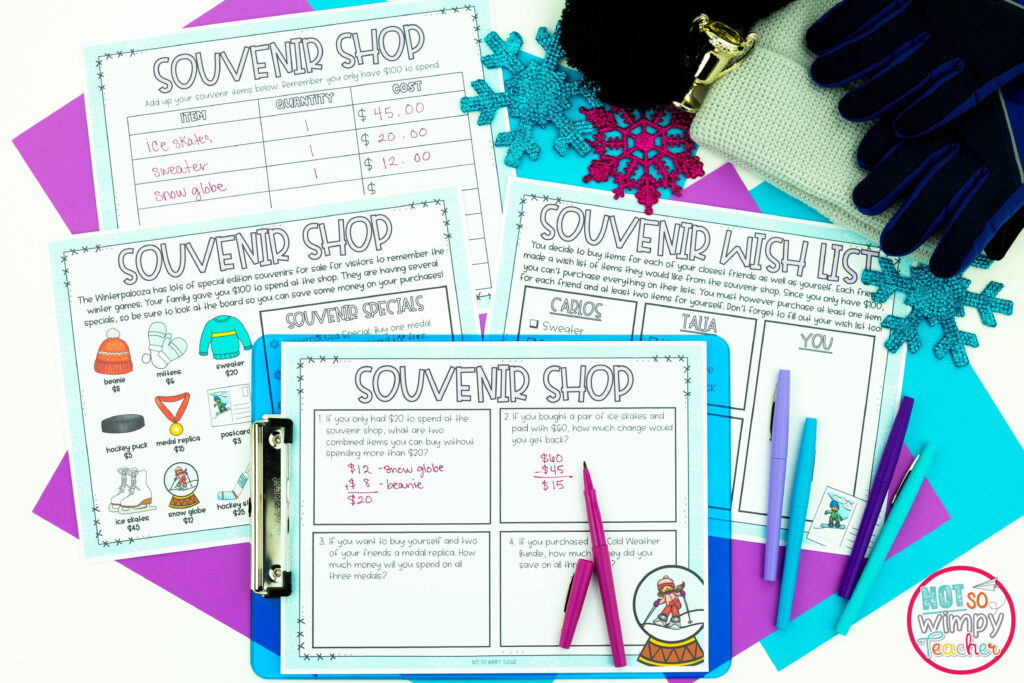
Differentiation:
This activity is designed for grades 2-5 and comes with two different versions making it easy to differentiate. There is a lower version for grades 2 and 3 and an upper version for grades 4 and 5. The upper version includes more difficult calculations and advanced math concepts like decimals and multiplication. Both options provide lots of opportunities for problem solving and collaboration.
You can select the perfect activity for your entire class or pick and choose activities to meet individual learners’ needs.
What’s Included:
The activity comes with:
- 5 different winter sports themed math activities with 9 pages of activities for each level
- Easy options for differentiation
- Color and black and white versions
- Teacher directions
- An answer key
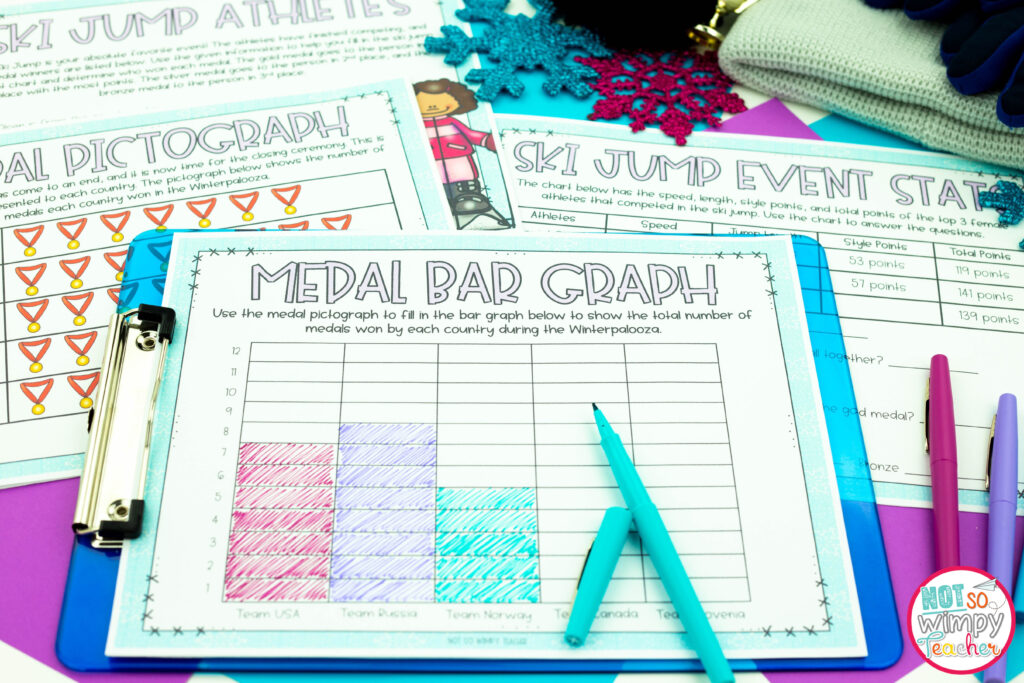
How to Use:
There are many ways to use this activity in the classroom. You can work through the activities as a class, assign to students to complete individually or in small groups, place the activities in centers, or use them during guided math groups to provide more support. This activity should take between 45-60 minutes to complete in class.
And I almost forgot to mention that it’s super easy to use. Much easier than learning how to snowboard. All you have to do is print and teach. There’s no easier way to find your way to the top of the teacher medal stand than to introduce the Winter Sports PBL to your students.
Shop This Post
Real Life Medal Counts
Another great way to keep kids interested in the winter games and practice important math skills is to graph the real life medal counts.
In lower elementary grades you might want to just graph the U.S. medals. You can have kids color in circles on picture graphs or create a large classroom graph on the wall with paper cutouts to represent the gold, silver, and bronze medals.
In upper grades, you might want to keep track of which country wins each event or make a large bar graph with the Top 10 countries represented. (There are more than 80 countries participating in the 2022 games, so you probably don’t want to do them all.)
You could also have individual students pick different countries and keep track of their medal counts.
This is also a great way to practice research skills. Demonstrate where students can find the daily medal counts and then assign pairs of students to keep up with the task each day.
Read All About It
I love read alouds. They are one of my favorite ways to teach reading. And they are also great for teaching social studies and science. Try adding some books about the Winter Olympics to your classroom library and set aside time for a read aloud (or two) and discussion about the winter games.
Some books to consider:
What Are the Winter Olympics? By Gail Herman
Learn about the history of the Winter Olympics, the events, and some of the most memorable competitions over the years in this fun and informative read.
Snowman Paul at the Winter Olympics, by Yossi Lapid
Follow Snowman Paul as he trains hard to go for the gold at the Winter Olympics. But is he following all the rules? A great conversation about goals, competition, and sportsmanship.
Learning to Ski with Mr. Magee, by Chris Van Dusen
This fun-filled adventure story introduces kids to the sport of downhill skiing. They will love rhyming text and silly antics.
Kids will also love reading books about different Winter Olympics sports like snowboarding, hockey, and curling, or Olympic athletes.
Learn About Beijing
I’m willing to bet that most of your students have never been to China. Why not introduce them to Beijing? You can use this video to show them some of the sights, as well as sporting venues, and even a sneak peek of some of the events. (FYI: the 2008 Summer Olympics were also in Beijing.)
You can bring in geography by locating China on the map. Let your students research facts about China on their Chromebooks or iPads.
You can also add in some math. Calculate how long it would take to travel to Beijing. You can also research the time difference and figure out what time it is in Beijing.
You can also teach your students about the torch relay. Introduce them to Bing Dwen Dwen the official mascot of the Beijing Olympics. Explore the many venues where the competition will take place. Or learn about the athletes competing in the Winter Games.
And then maybe schedule a little friendly competition. Divide the class into teams and play a game of Jeopardy. Or make a Kahoot to test their knowledge of the Beijing Olympics.
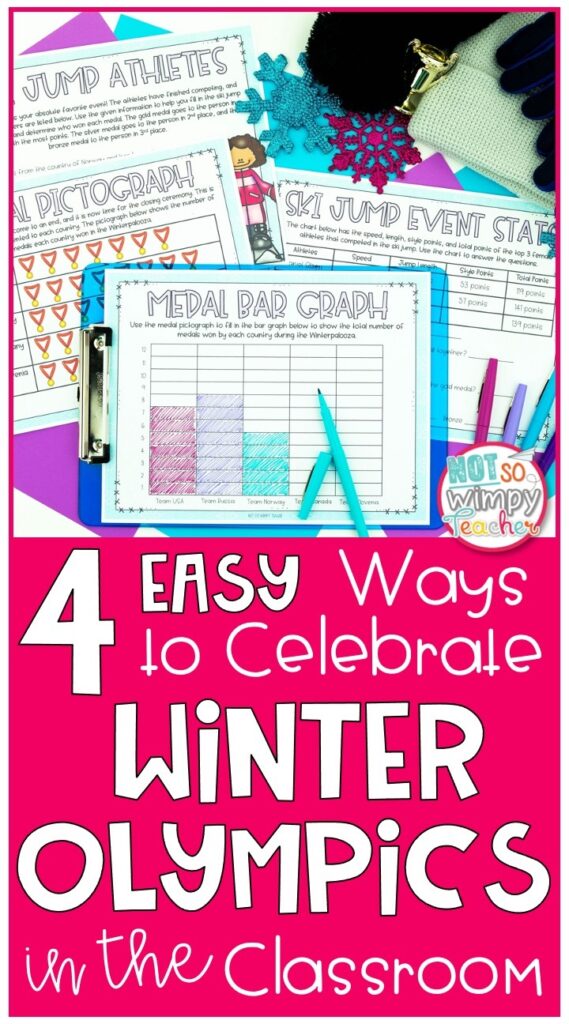
Looking for more ideas? Check out these Winter Olympics Activities for the Classroom.
Have a Not So Wimpy Day,


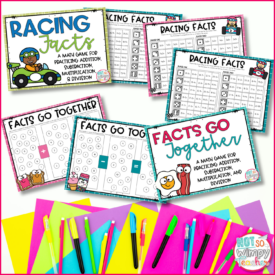
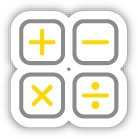
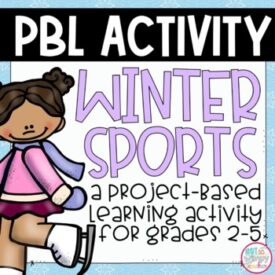
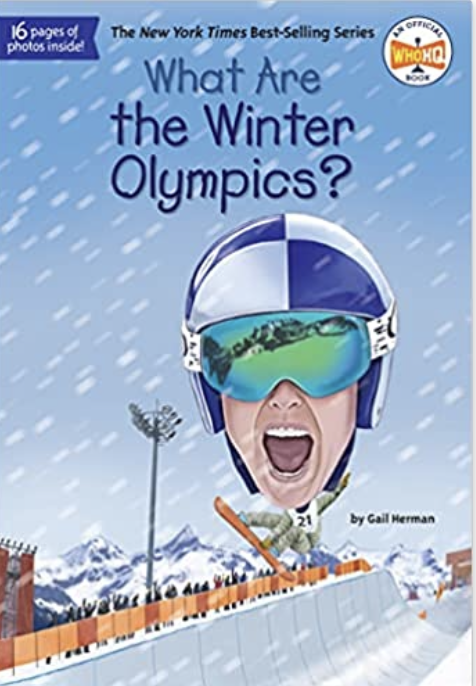
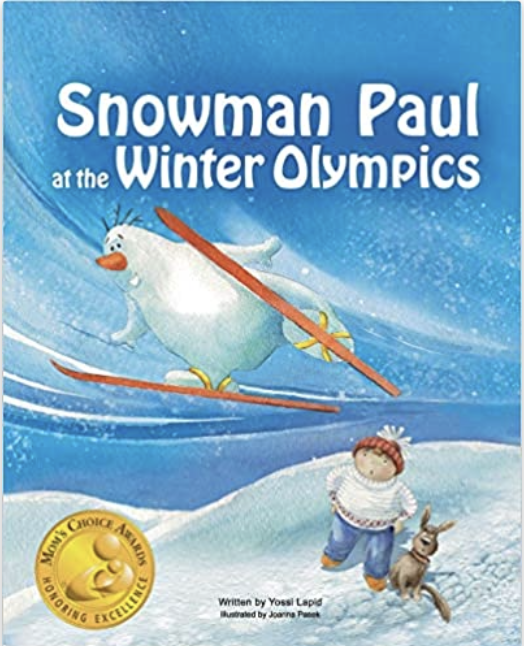
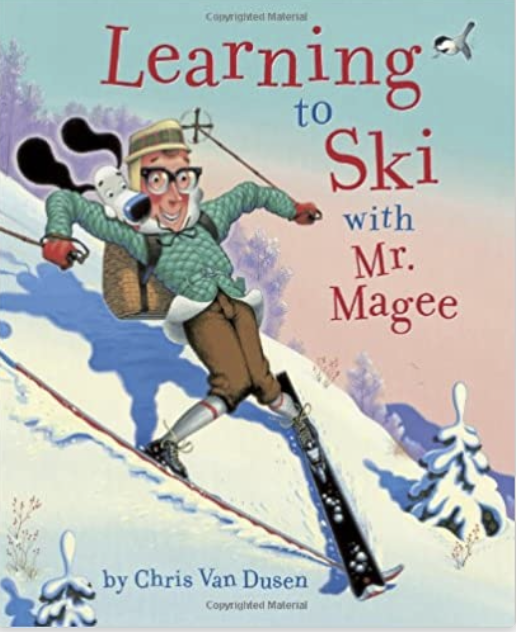
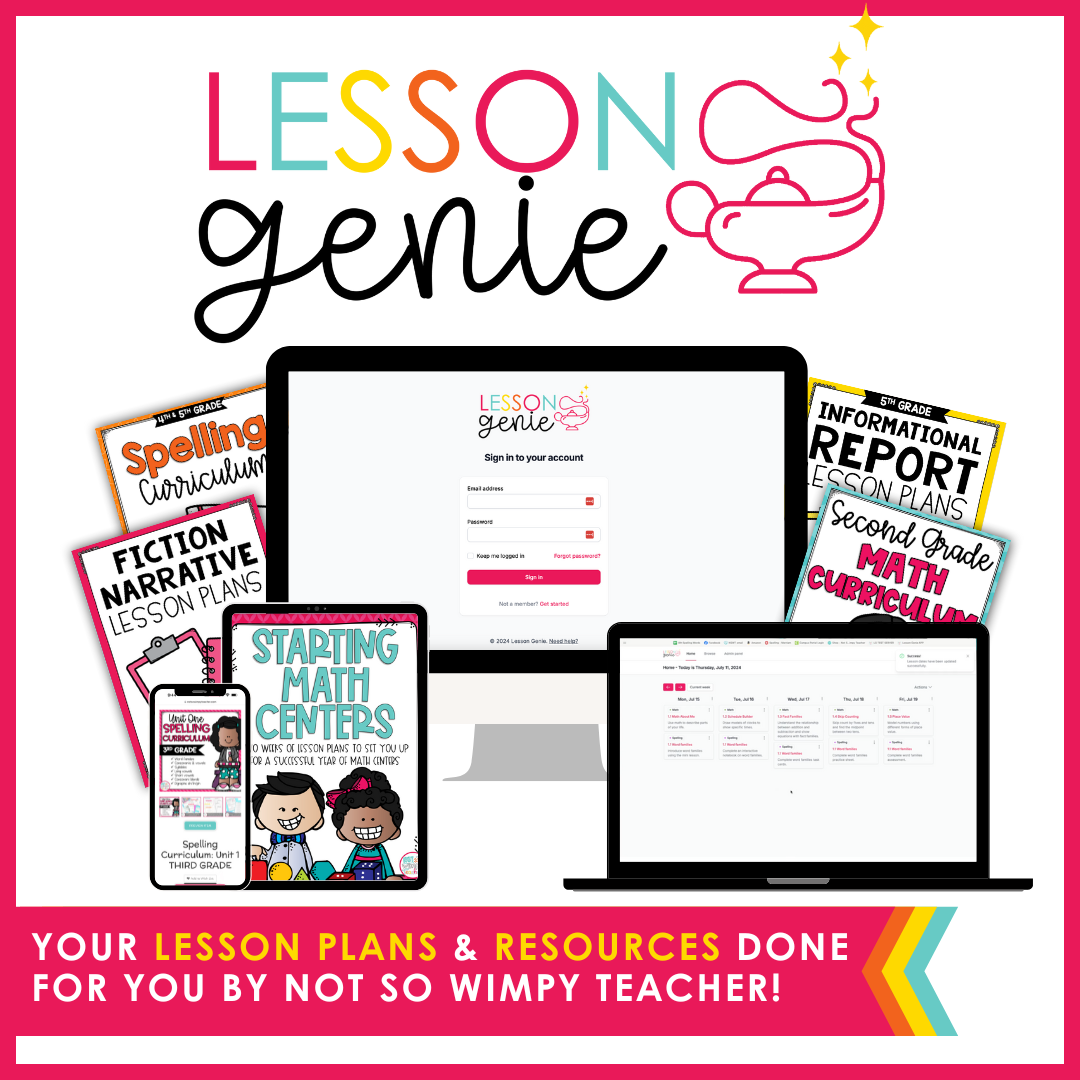
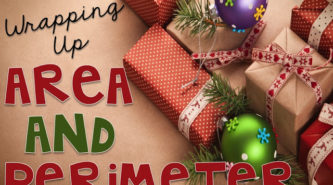
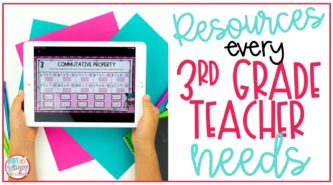
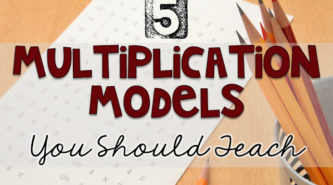
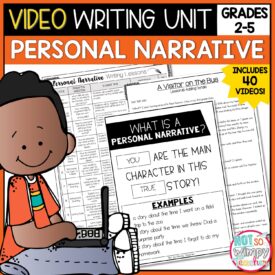
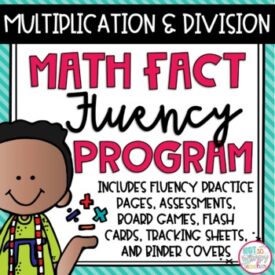
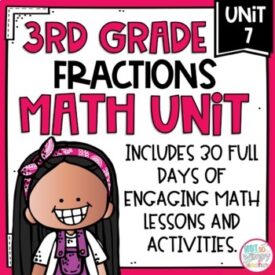
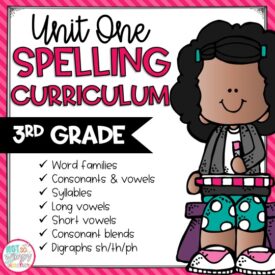
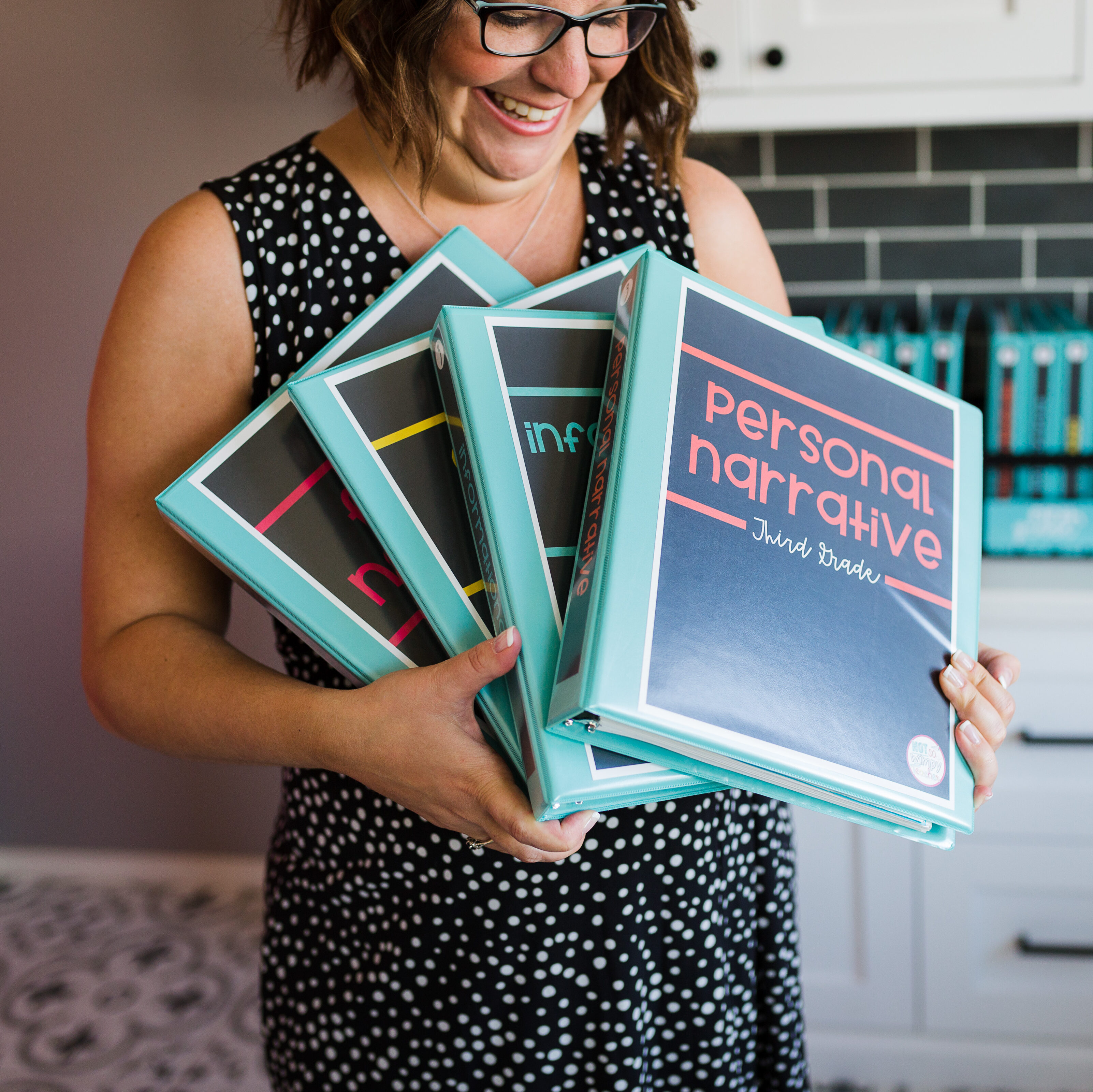

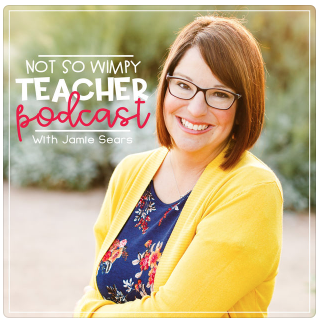




 End of Year Carnival Week for grades 2-5!
End of Year Carnival Week for grades 2-5!
Leave a Comment